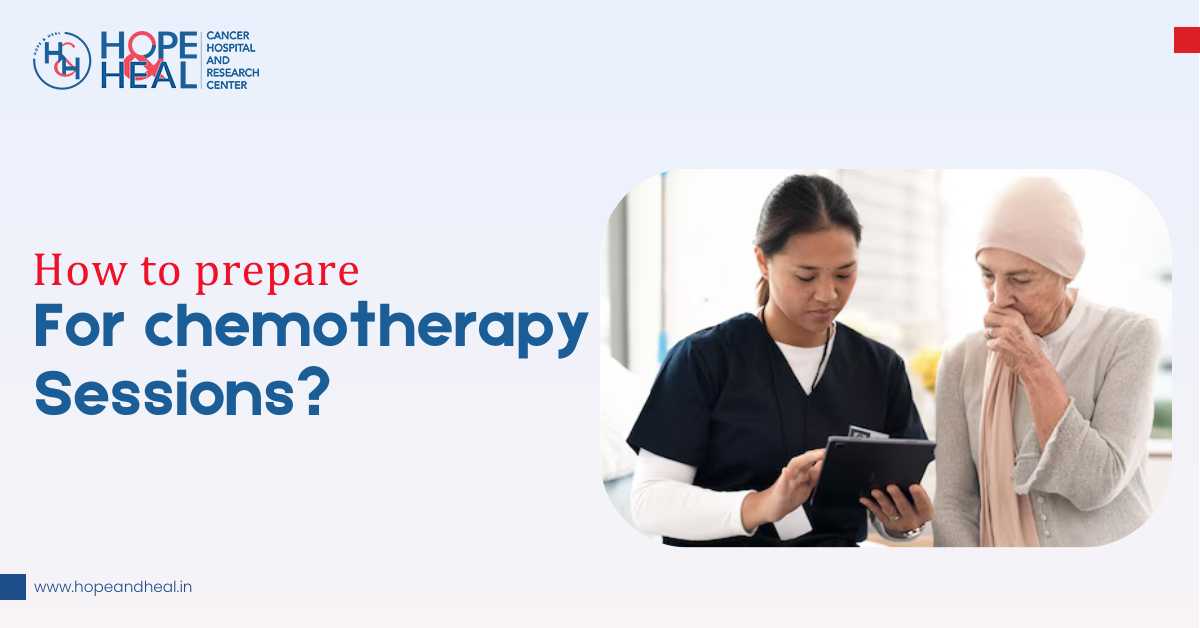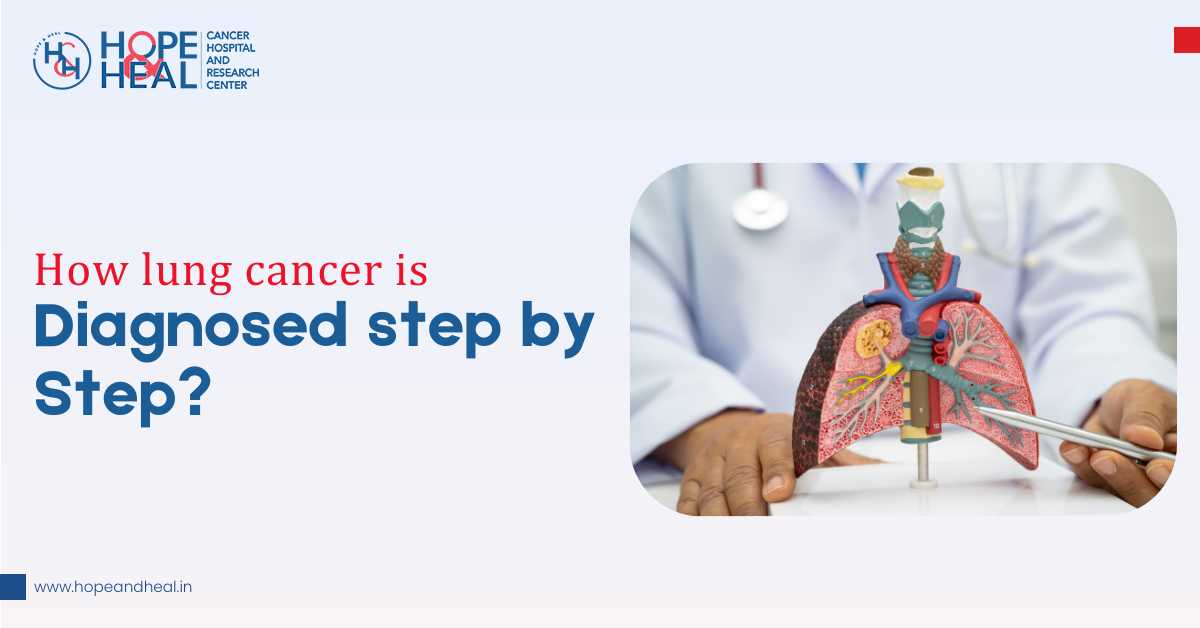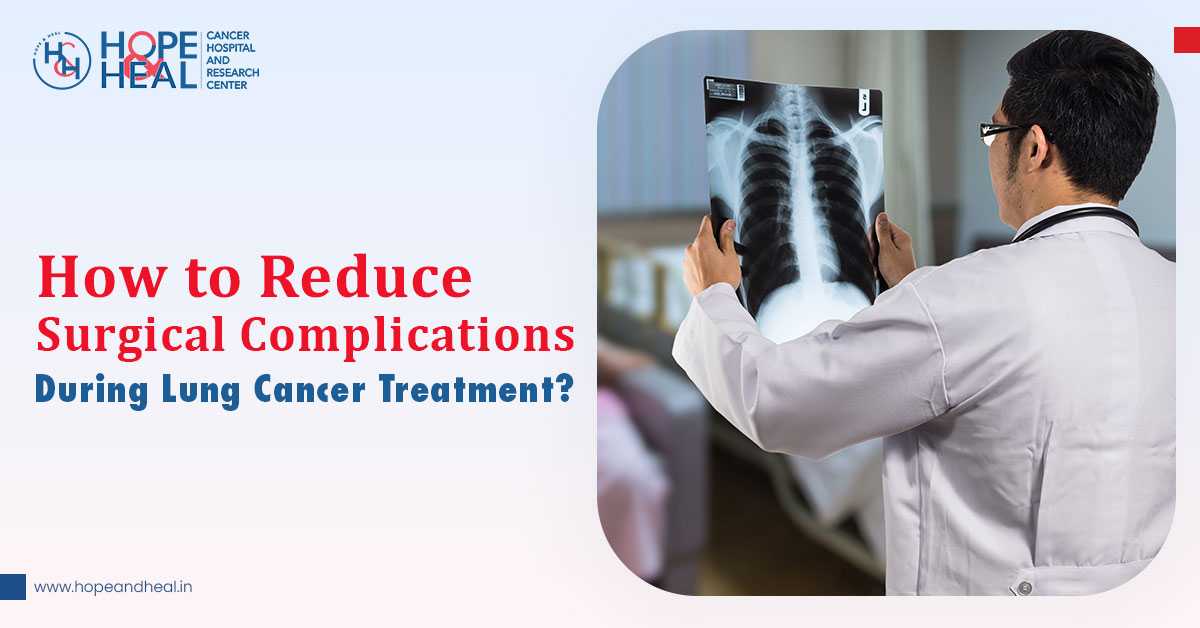Cancer therapy or cancer treatment helps patients fight this life-threatening disease effectively, followed by palliative care. Early diagnosis of cancer aids the most promising healing. Treatment plans often include surgery, chemotherapy, and radiation therapy. Further options in this regard are immunotherapy, targeted therapy, hormone therapy, laser, etc.
Certain things should be taken into consideration while on cancer therapy. When follow-up checkups are vital to healing, maintaining a few things like eating habits/diet, and lifestyle is also essential. For dedicated radiation therapy, immunotherapy, and chemotherapy in Siliguri, visit the leading cancer hospital in the region.
Let’s explore five things that one must avoid during and after cancer therapy:
Overexertion
After cancer therapy like chemotherapy, fatigue/tiredness, mood changes, anemia, loss of appetite, and nausea is common. In order to keep from overexertion, make sure to take proper rest, ask for assistance in house chores, etc.
Self-car driving, lifting heavy things, long-term/vigorous workouts, and childcare can leave you fatigued. Refrain from activities that are not only physically but also mentally tiring.
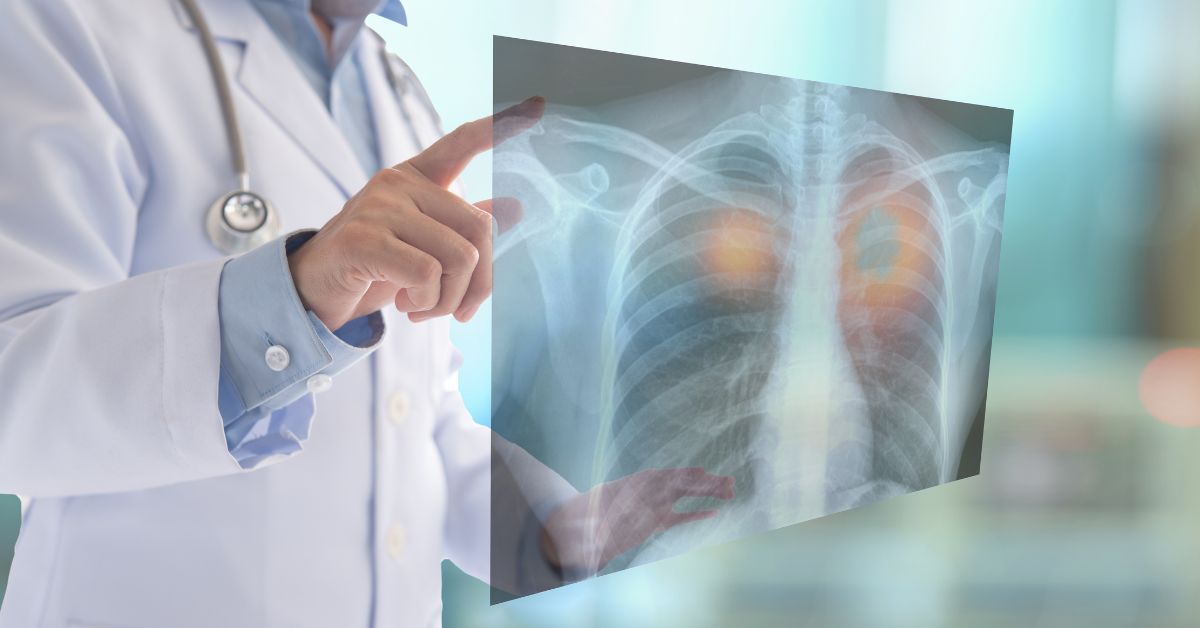
Smoking
Smoking either causes you a disease or affects healing. And, this situation is not an exception for cancer patients. Toxic substances in tobacco may result in cellular changes responsible for reducing the effectiveness of chemotherapy.
Smoking causes higher carboxyhaemoglobin concentrations in the blood, which causes tissue hypoxia associated with the risk of decreasing the effectiveness of radiation therapy. Typically, this practice interferes with drug absorption, and it can worsen the side effects of cancer therapy. For the biopsy test in Siliguri and other cancer diagnostic procedures, reach out to a reputed cancer hospital and research center.
Food Choices
A cancer diet will be provided by the specialist. Foods to eat and avoid are essential factors while receiving cancer treatment and even after treatment. Constipation, diarrhea, nausea, vomiting, loss of appetite, and weight loss are some side effects of treatments and sometimes depend on the cancer type.
Big no-no foods:
- Raw fish/egg, lightly cooked foods
- Smoked fish
- Unpasteurized fruit juice
- Raw sprouts
- Processed foods/ junk foods
- Highly refined foods/canned foods
- Unpasteurized cheeses, dairy products
- Carbonated drinks
- Acidic, spicy foods
A cancer diet helps preserve your immune system, decreases the risk of inflammation, boosts energy, heals muscle tone, and manages the side effects of cancer therapy. Receive chemotherapy in Siliguri at the most reputed cancer hospital in town.
Alcohol
Even in small amounts alcohol can play havoc with cancer healing. There’s no safe amount of drinking alcoholic beverages. Alcohol tends to worsen the side effects of cancer therapy and drug absorption capacity.
If you refrain from alcohol intake, your alcohol-related cancer risks and side effects decrease. And, did you know alcohol can put you at risk of cancer of the mouth and throat, liver, breast, esophagus, colon and rectum, and voice box? Yes, it does.
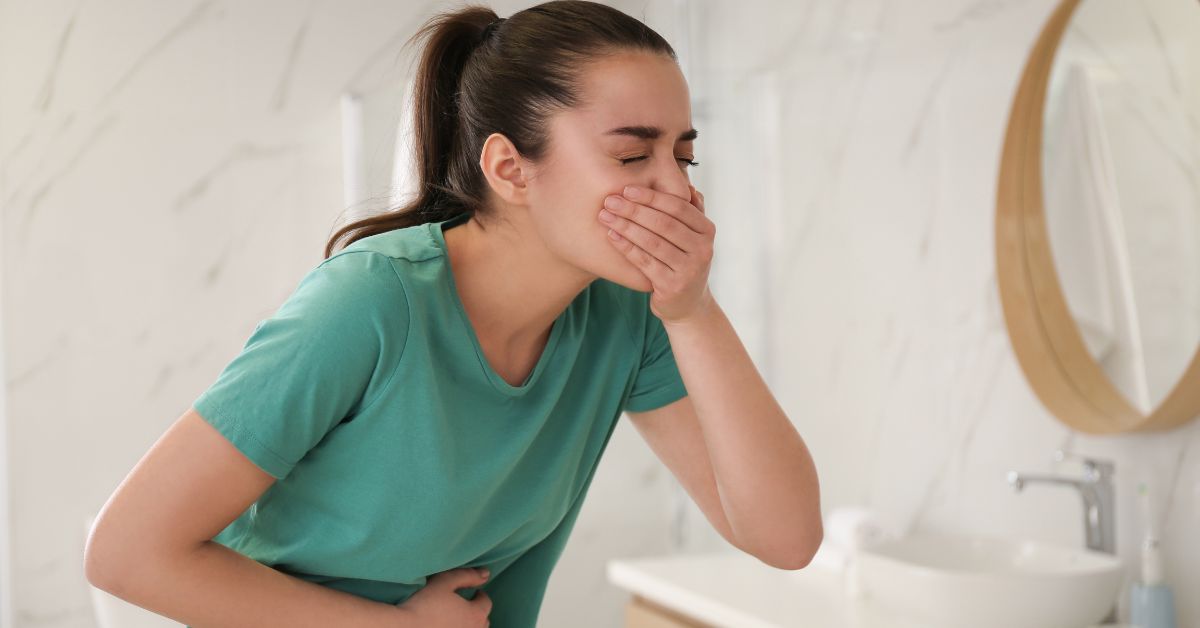
Large Meals
Loss of appetite, mouth sores, fatigue, nausea, vomiting, fatigue, headaches, difficulty swallowing, etc. are common side effects of cancer therapy such as radiation therapy and chemotherapy. Therefore, there’s no reason for giving a cancer patient a large meal experiencing such discomfort.
Best to divide a large single meal into several small meals. It makes the patient consume the food easily without hassles and reduces the chance of throwing up, nausea, feeling full, and diarrhea.
Taking part in low-intensity, calming activities like yoga, listening to music, breathing exercises, and meditation aid in healing. Keep yourself hydrated, take medications on time, consume the right amount of calories and protein as guided by your doctor, ensure loose-fitting clothes, apply sunscreen while going outside, and keep in touch with your healthcare provider.

